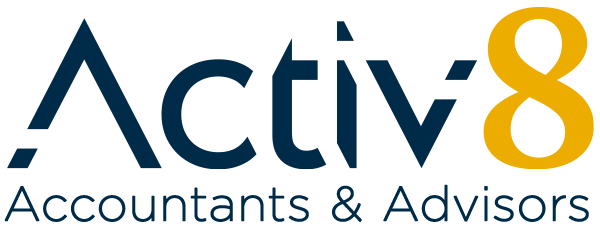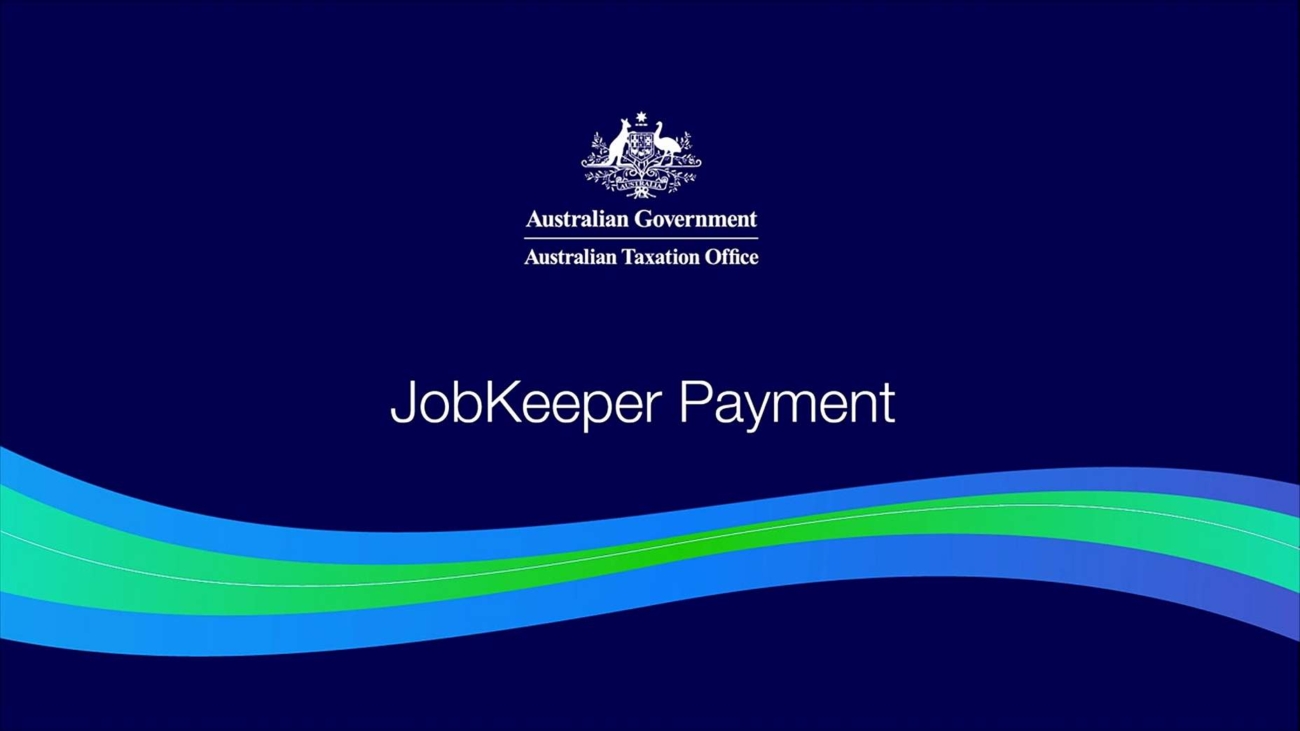If you own a rental property or are thinking of buying one, it’s a great idea for you to understand the tax consequences. Here is a summary of how rental properties’ income and expenses can affect your tax return, including what deductions you can claim and the records you need to maintain.
Rental Income
The income received during a Financial Year must be included on your tax return. Rental income and expenses are attributed to each co-owner according to their legal interest in the property.
If your property is rented to family members or friends at below market rate, you can only claim deductions up to the amount of rent charged. The property cannot be negatively geared.
If you use a Property Manager, they usually provide you with an Annual Summary showing the amount of rent earned during the year and any expenses they have paid on your behalf such as any repairs and maintenance, letting fees, advertising and property management fees.
Rental Expenses
There are three categories of rental expenses:
- Expenses that are not deductible
- Expenses that you can claim an immediate deduction in the income year you incur the expense
- Expenses that can be claimed over several income years.
Non-Deductible Expenses
These include:
- acquisition and disposal costs of the property. These are added to the cost base of the property
- expenses not actually incurred by you, such as water or electricity usage charges paid by your tenants
- expenses associated with periods where your property (including your holiday home) was not genuinely available for rent
- expenses that are not related to the rental of a property
- travel expenses
Deductible Expenses
To claim deductions against your rental income, your property must be genuinely available for rent. This means that the property is advertised giving it broad exposure to potential tenants and those tenants are reasonably likely to rent it. Word of mouth, limiting the time the property can be rented or you place unreasonable restrictions on the property would indicate the property is not genuinely available for rent.
You will need to apportion your expenses if any of the following apply to you:
- your property is genuinely available for rent for only part of the year
- your property is used for private purposes for part of the year
- only part of your property is used to earn rent
- you rent your property at non-commercial rates
Interest
Interest is the biggest deduction. Interest paid on the loan used to purchase the property is deductible, provided that all the money borrowed was used to purchase the property.
For line of credit accounts that are used privately as well, the interest claim must be apportioned for the private portion.
Repairs and Maintenance
Repairs made to the property during the period it is rented are deductible.
Repairs must relate directly to wear and tear or other damage that occurred as a result of your renting out the property. Repairs generally involve a replacement or renewal of a worn out or broken part, for example, replacing worn or damaged curtains, blinds or carpets between tenants.
Maintenance generally involves keeping the property in a tenantable condition, for example repainting faded or damaged interior walls.
Initial repairs are not deductible. Initial repairs include repairing defects, damage or deterioration that existed at the date you acquired the property. These can be used to reduce a capital gain on disposal.
Improvements
Improvements you make to the property are not deductible in full. They need to be depreciated and claimed over their effective life. Examples of improvements include:
- Landscaping
- Insulation
- Adding on another room
- Extensions
- Replacement of an entire structure such as a complete fence, stove, kitchen cupboards or fridge
Other deductible expenses can include:
- advertising for tenants
- bank charges
- body corporate fees
- cleaning
- council rates
- electricity and gas
- gardening and lawn mowing
- insurance
- land tax
- legal expenses re leases agreements.
- lease costs
- pest control
- property agent’s fees
- letting fees
- quantity surveyor’s fees
- security
- stationery
- postage
- telephone
- internet
- water rates
Expenses deductible over several years:
- Borrowing expenses – these are written off over the term of the loan or 5 years whichever is less
- Depreciation for capital assets
- Capital works deductions
Capital Works Deductions
If the building is under 25 years old you will be entitled to claim a deduction of 2.5% per year of the original cost of construction of the building for up to 40 years from the original date of construction.
If you do not know the building cost you can contract a quantity surveyor to determine the building costs and prepare the depreciation schedules for the property and determine what can be claimed. The fee is tax deductible.
If the previous owner was allowed capital works deductions, earned assessable income from the property and the capital works started after 26 February 1992, they are required to give you, as the new owner, information that will enable you to calculate those deductions going forward.
Records you need to maintain
You should keep records of your rental income and expenses for five years from 31 October or, if you lodge later, for five years from the date you lodge your tax return. If at the end of this period you are in a dispute with the ATO that relates to your rental property, you should keep the relevant records until the dispute is resolved.
Records of expenses must include the name of the supplier, amount, nature of the expense, and the date.






